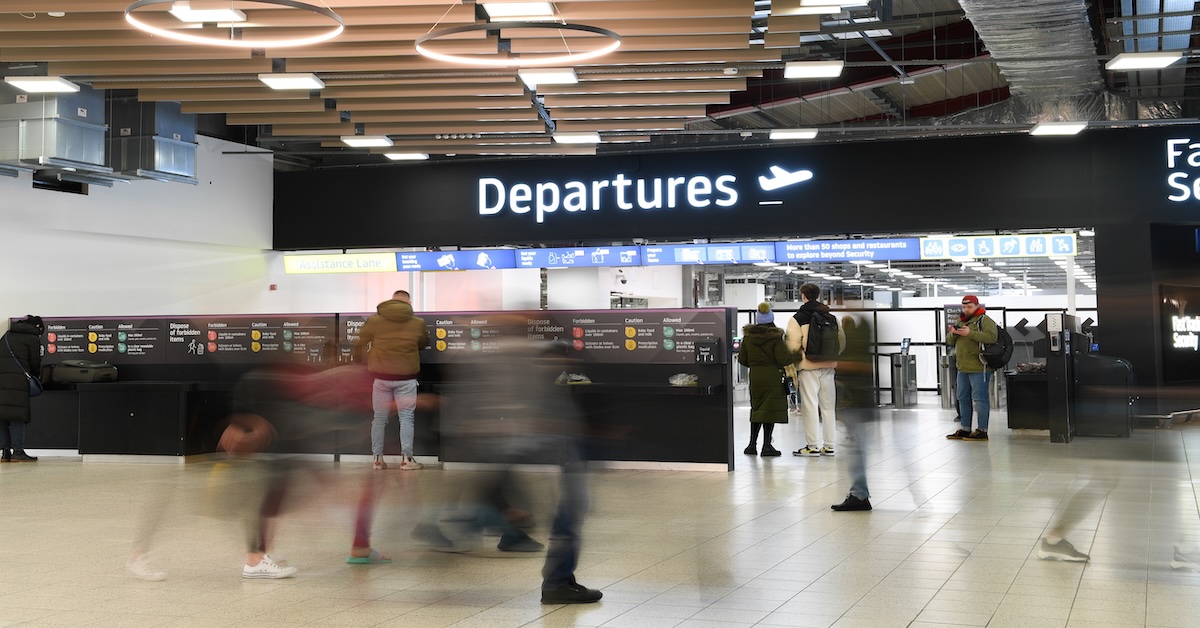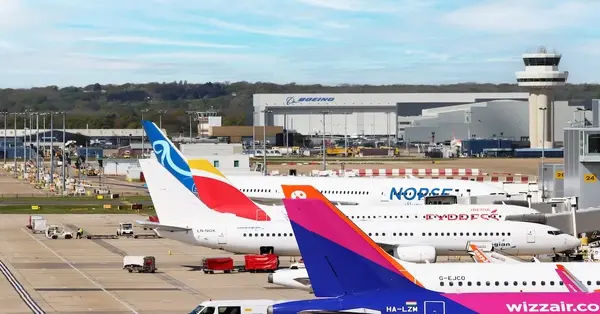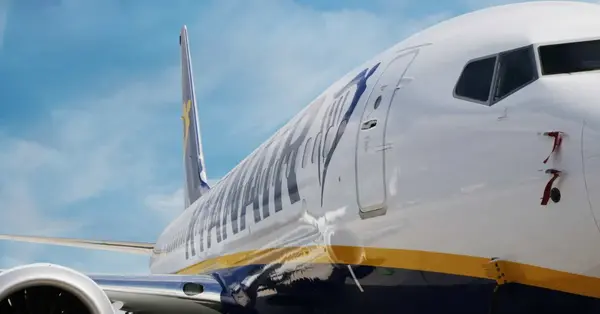You are viewing 1 of your 2 free articles
CAA and DfT assert ‘strong case’ for Atol reform but confirm delay
The Civil Aviation Authority (CAA) and Department for Transport (DfT) have confirmed a delay to Atol reform, blaming the “complex” work required following analysis of industry responses to a CAA Request for Further Information issued in January 2023.
However, the CAA-DfT assert there “remains a strong case” for reform with “a considerable number of Atol holders” continuing to use “advance customer monies to fund operational expenditures”.
The segregation of customer money from business accounts has formed a key plank of the proposed reforms throughout.
More: AAC condemns government proposal on low-cost holidays
CAA confirms delay to Atol Reform consultation [November 23]
Analysis: Must Atol remain ‘bolted on’ to the PTRs? [November 23]
The joint announcement of the delay today by the CAA and DfT gives no indication of when the long-planned Atol reform will now proceed.
It notes the process has “taken longer than initially expected and we will need more time to ensure we get it right”. But it confirms the next stage will involve a joint CAA-DfT consultation on detailed proposals.
The CAA had planned to have the initial phase of a revised Atol regime in place from this April, having launched the reform process with a consultation in April 2021.
Travel Weekly reported the delay to the next phase of consultation and the start date last November.
Today’s confirmation announcement notes last year’s ‘Request for Further Information’ (RFFI) set out the CAA’s “emerging findings” and confirms it received 293 responses, which “demonstrated contrasting views on Atol reform”.
The CAA-DfT summarise the responses as follows:
“Many respondents expressed that a ‘one-size-fits-all’ approach would not work well given the variety of businesses the scheme covers.
“Many respondents also felt that reforms need to be proportionate to the nature and scale of the risk Atol holders present, and that there should be flexibility to choose from a number of different mechanisms to protect sales.
“There was broad support for the CAA continuing its risk-based approach to licensing, where the CAA intervenes on a case-by-case basis to address the financial risks posed by Atol holders.
“There was also support for changes to the structure of the Atol Protection Contribution (APC), with some calling for . . . a lower APC to businesses that put in place voluntary risk mitigations.”
The CAA-DfT statement notes: “While the industry has seen a strong post-pandemic recovery in bookings and this has improved the financial position of many operators, it has not yet translated into a robust and sustainable improvement in balance sheets across the sector.
“The CAA continues to observe a considerable number of Atol holders using advance customer monies to fund various operational expenditures and this potentially exposes consumers to the risk of not being able to take their holiday as planned.
“Furthermore, the current flat rate of APC does not take account of the risk that individual Atol holders or the value of their bookings pose.
“We believe there remains a strong case to reform the Atol scheme to tackle these issues and to support a scheme . . . which incentivises companies to lower their risk of failure for the ultimate benefit of consumers.”
The CAA and DfT “have been considering the evidence received from stakeholders and are working jointly towards determining a preferred outcome.
“In doing so, we are assessing the impacts of the different types of risks posed by Atol holders and the impacts that the different options could have across the sector.
“This work is complex and has taken longer than initially expected, and we will need more time to ensure we get it right.
“Therefore, we were not able to consult on final proposals at the end of 2023 as originally planned, although the expectation remains that the next consultation will be a joint one between the DfT and the CAA.”


















